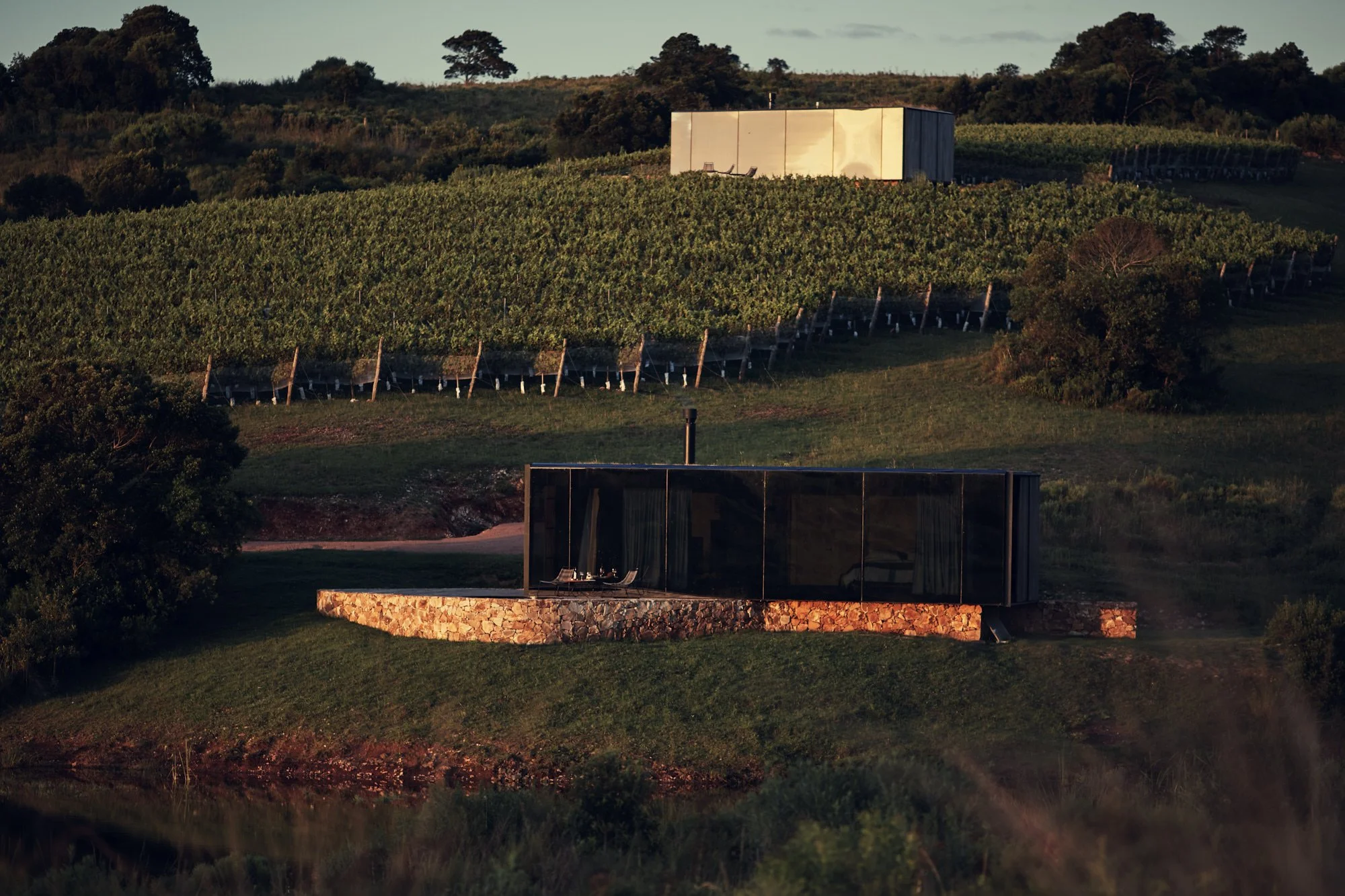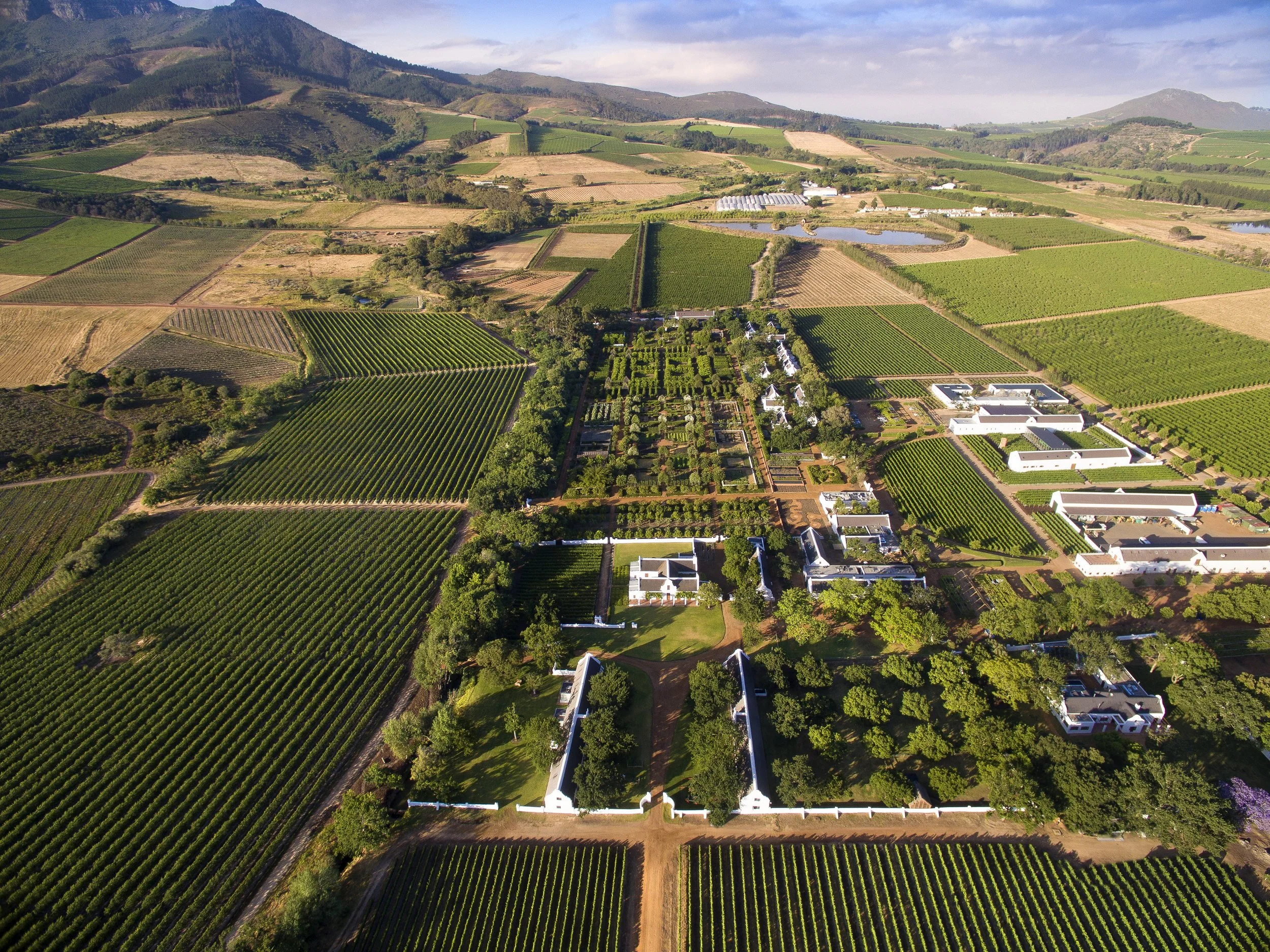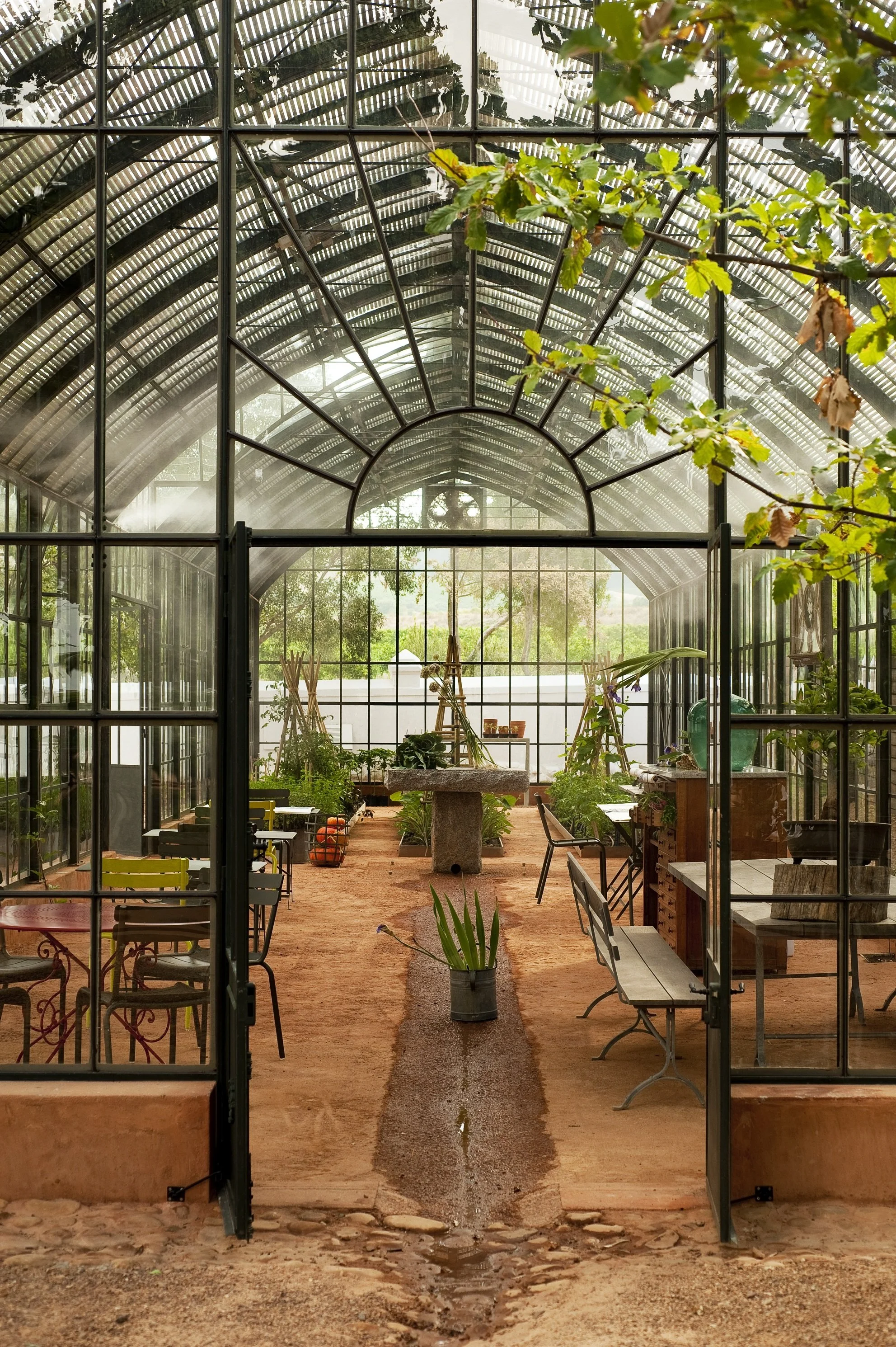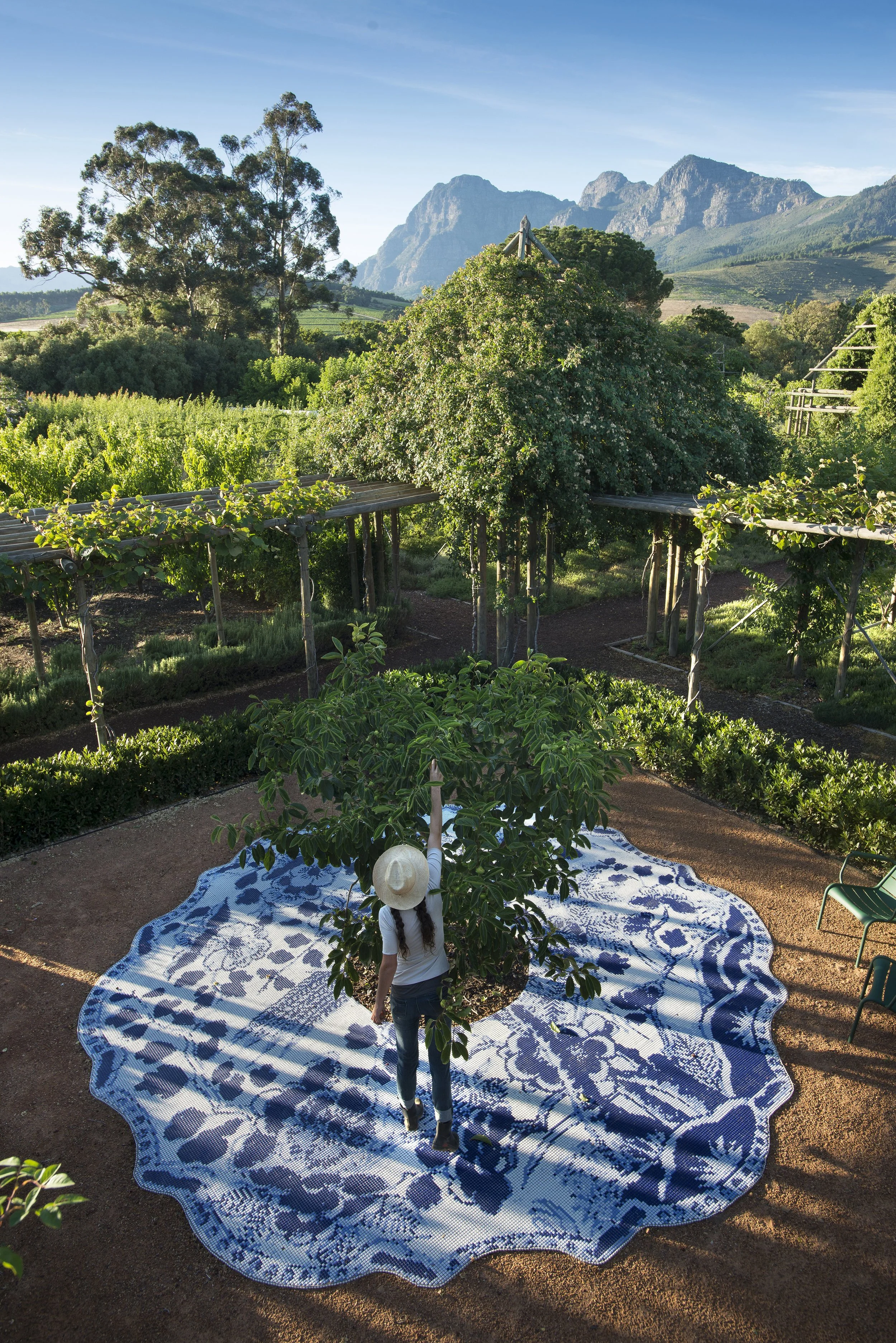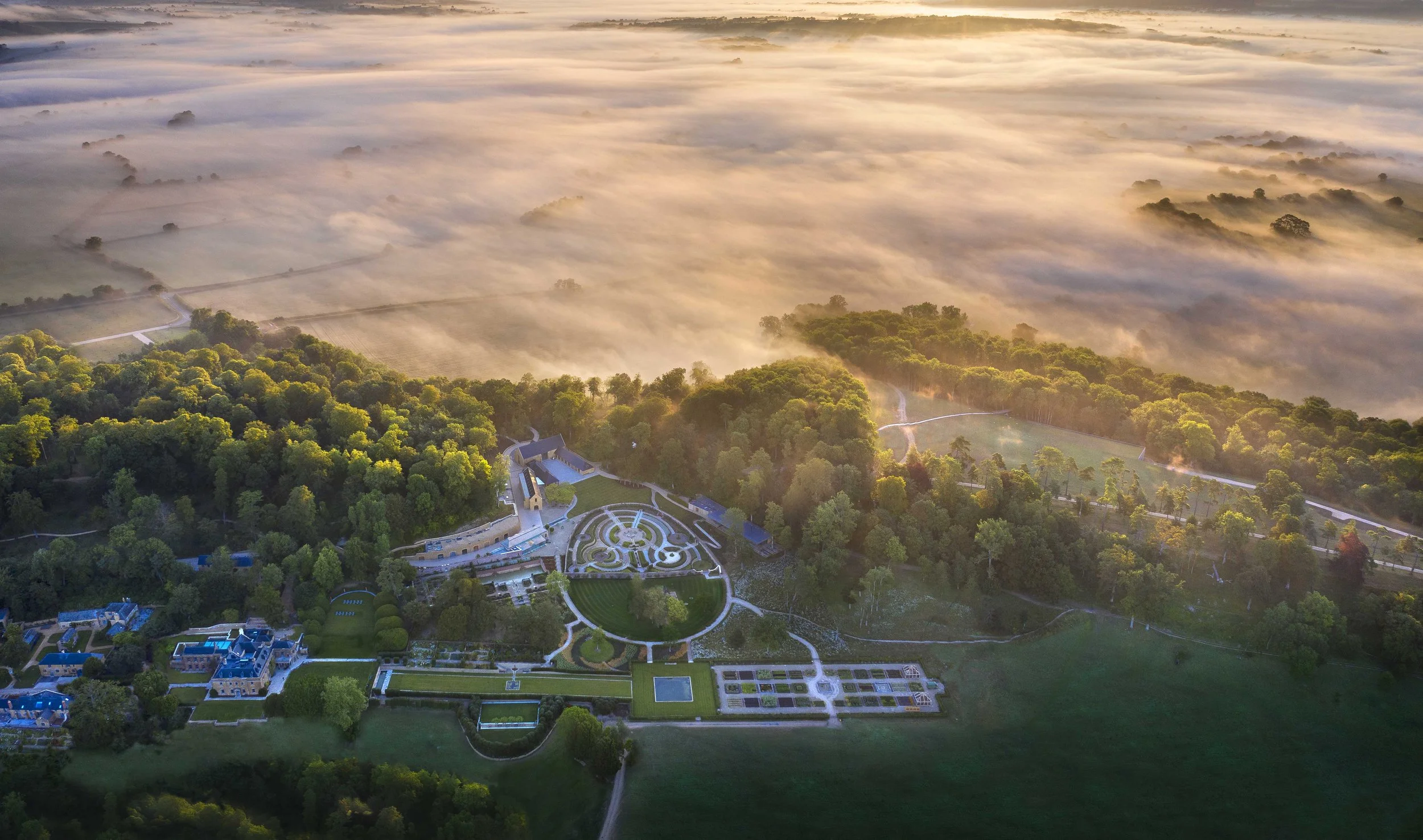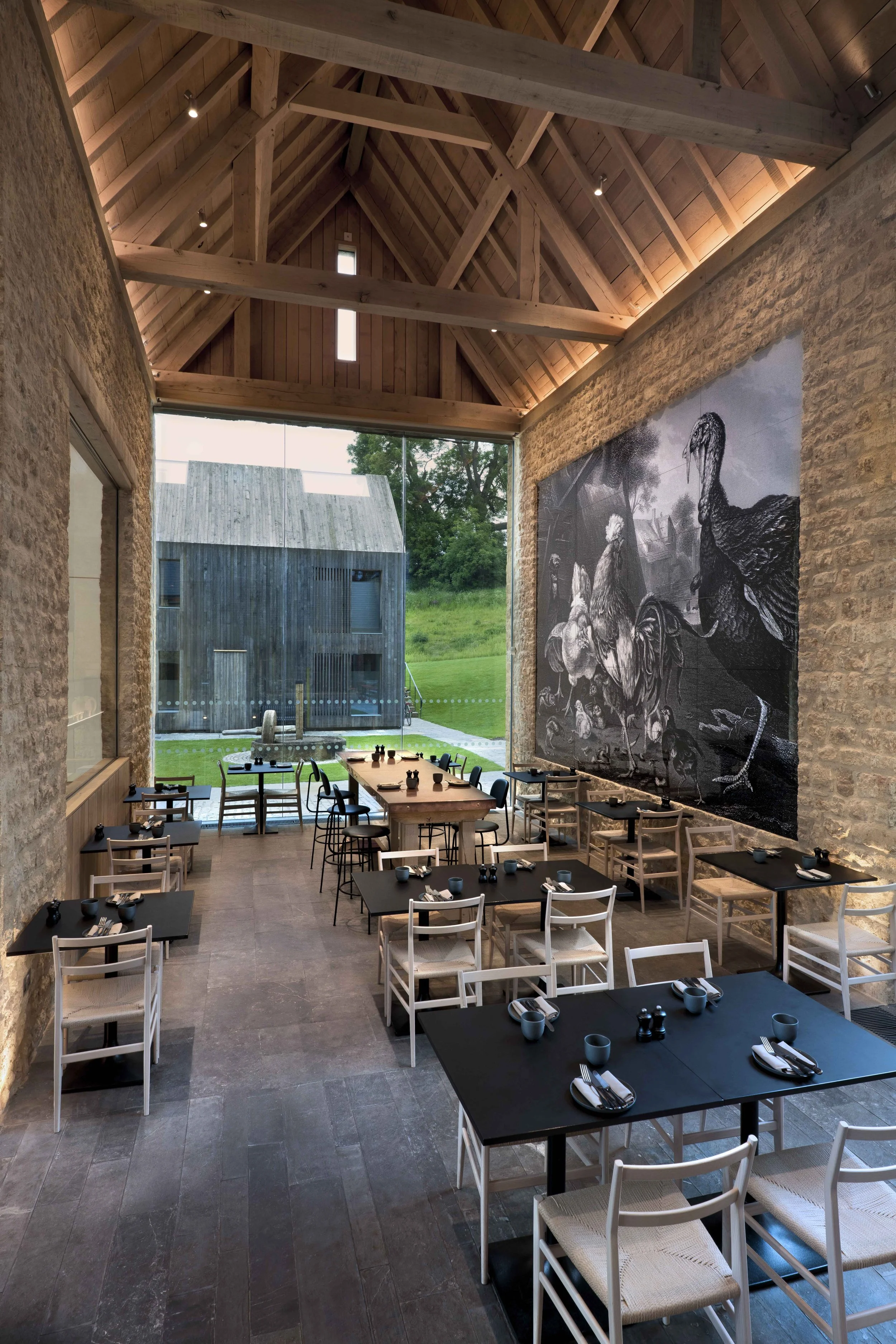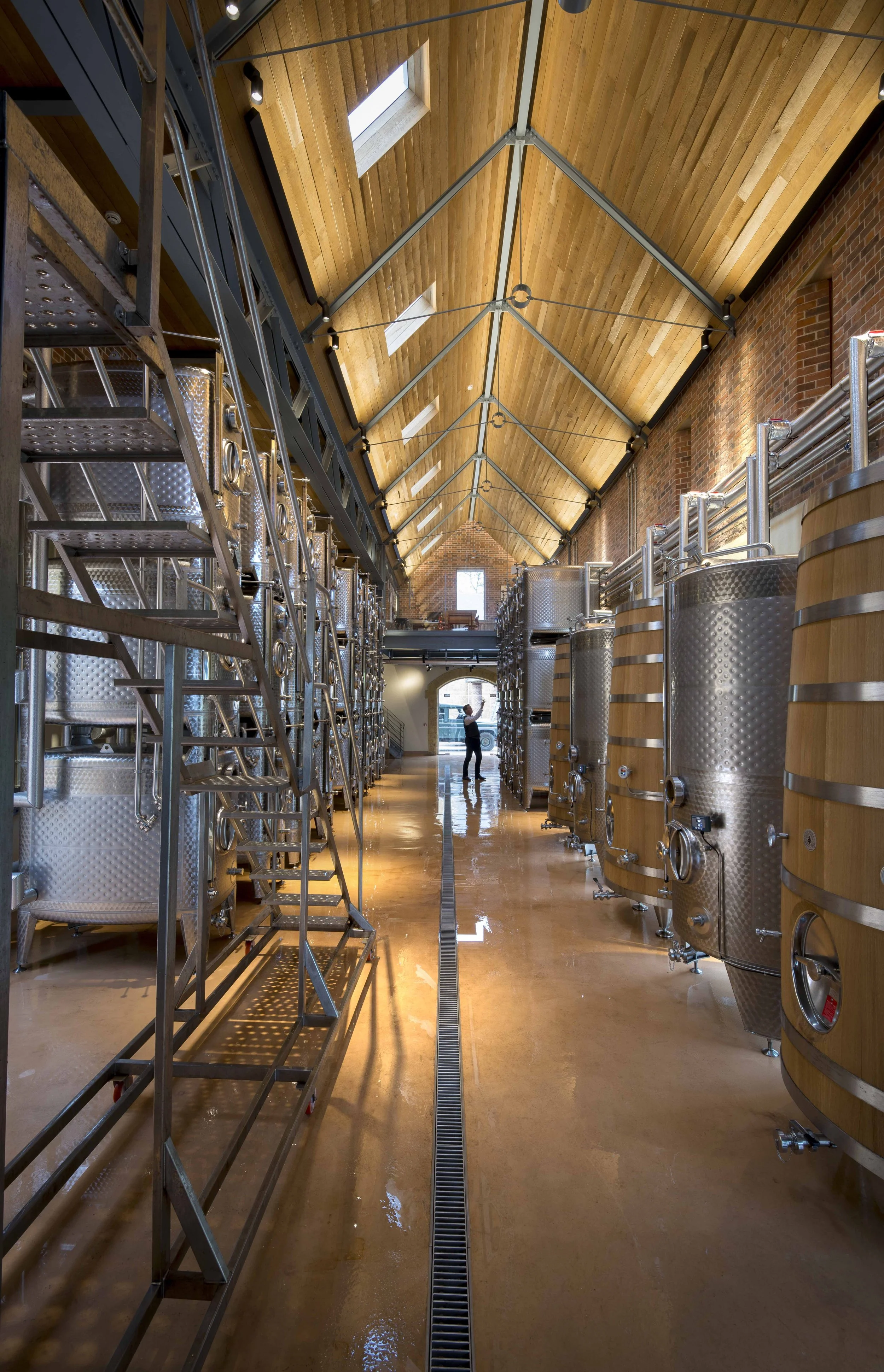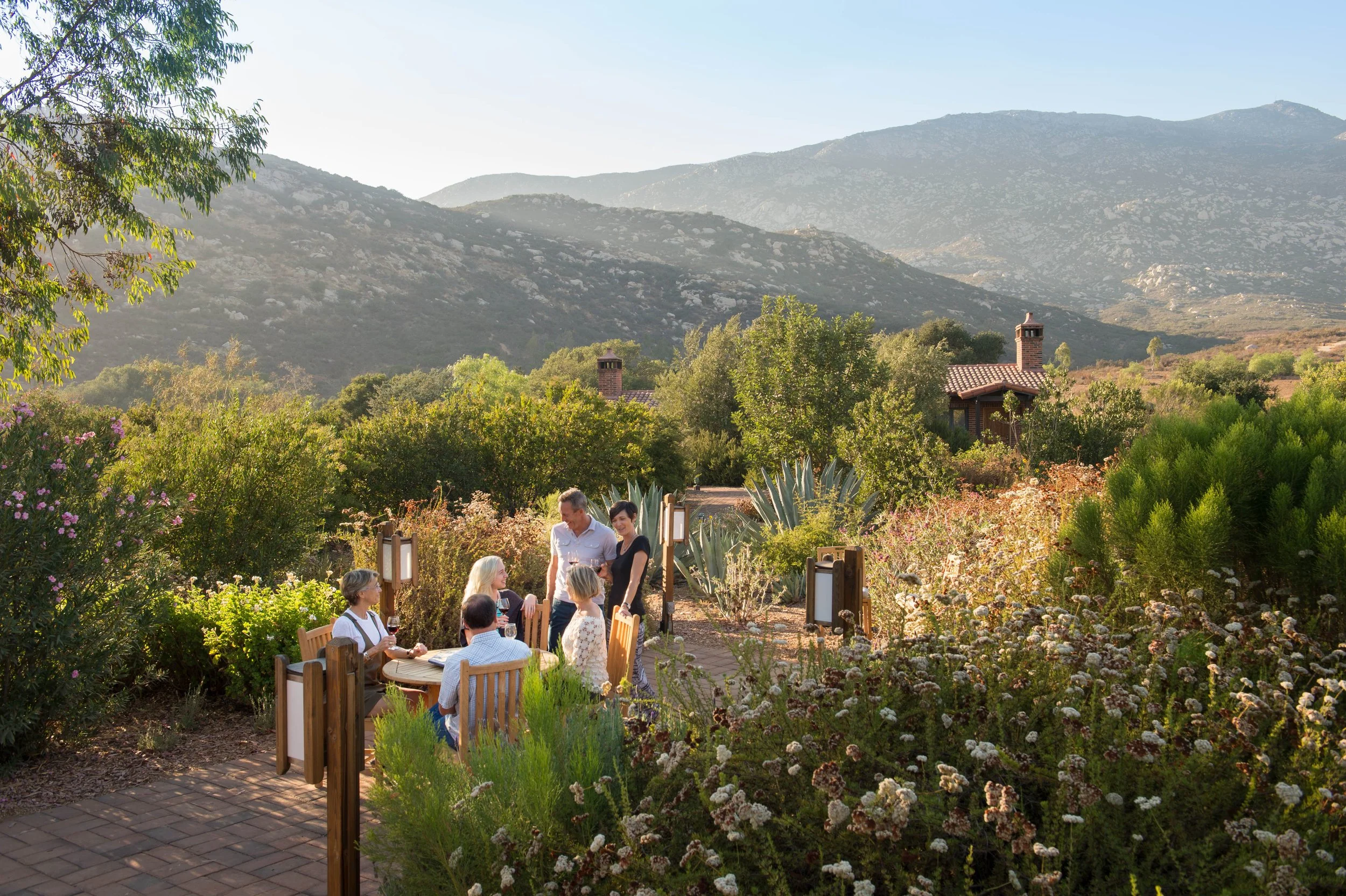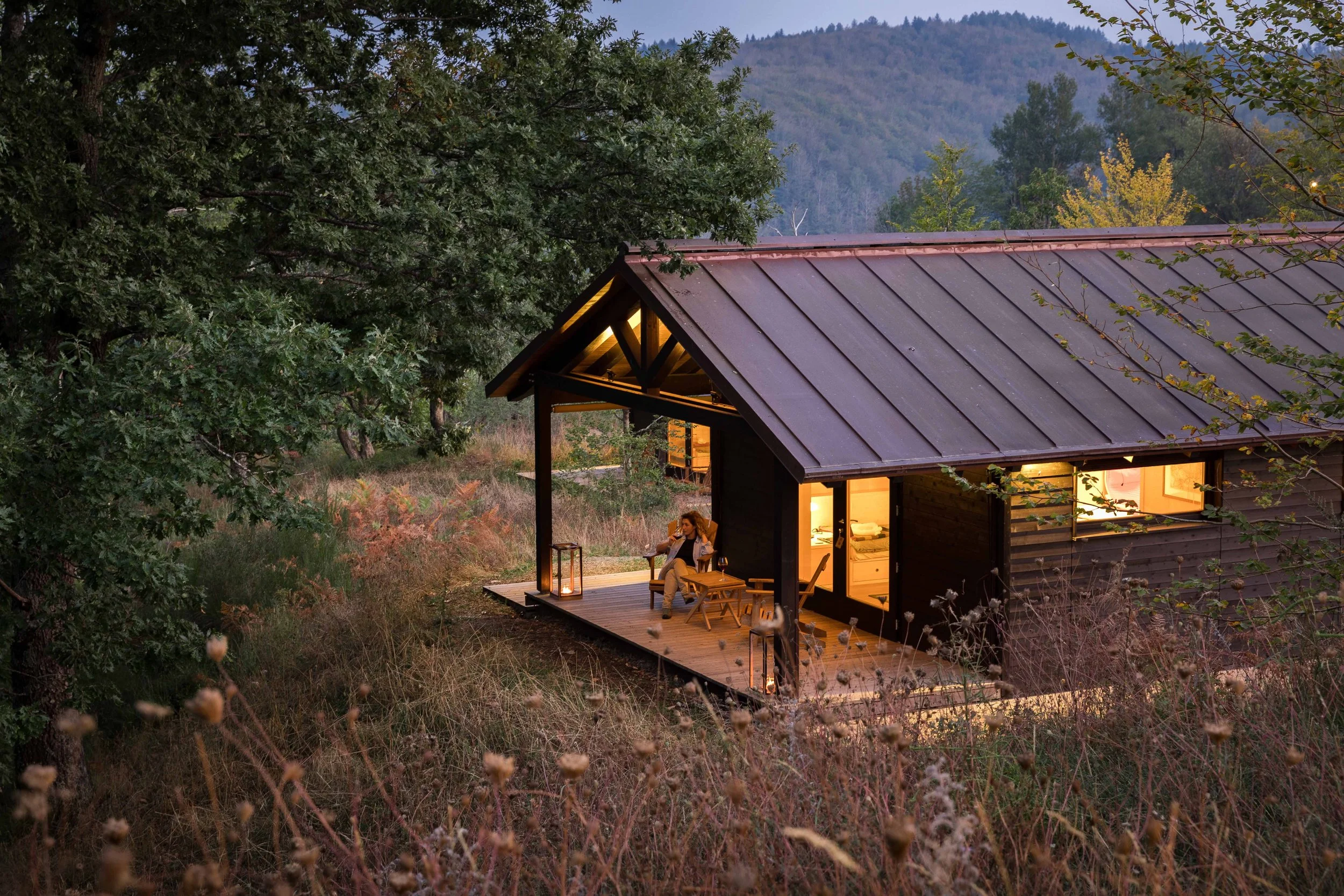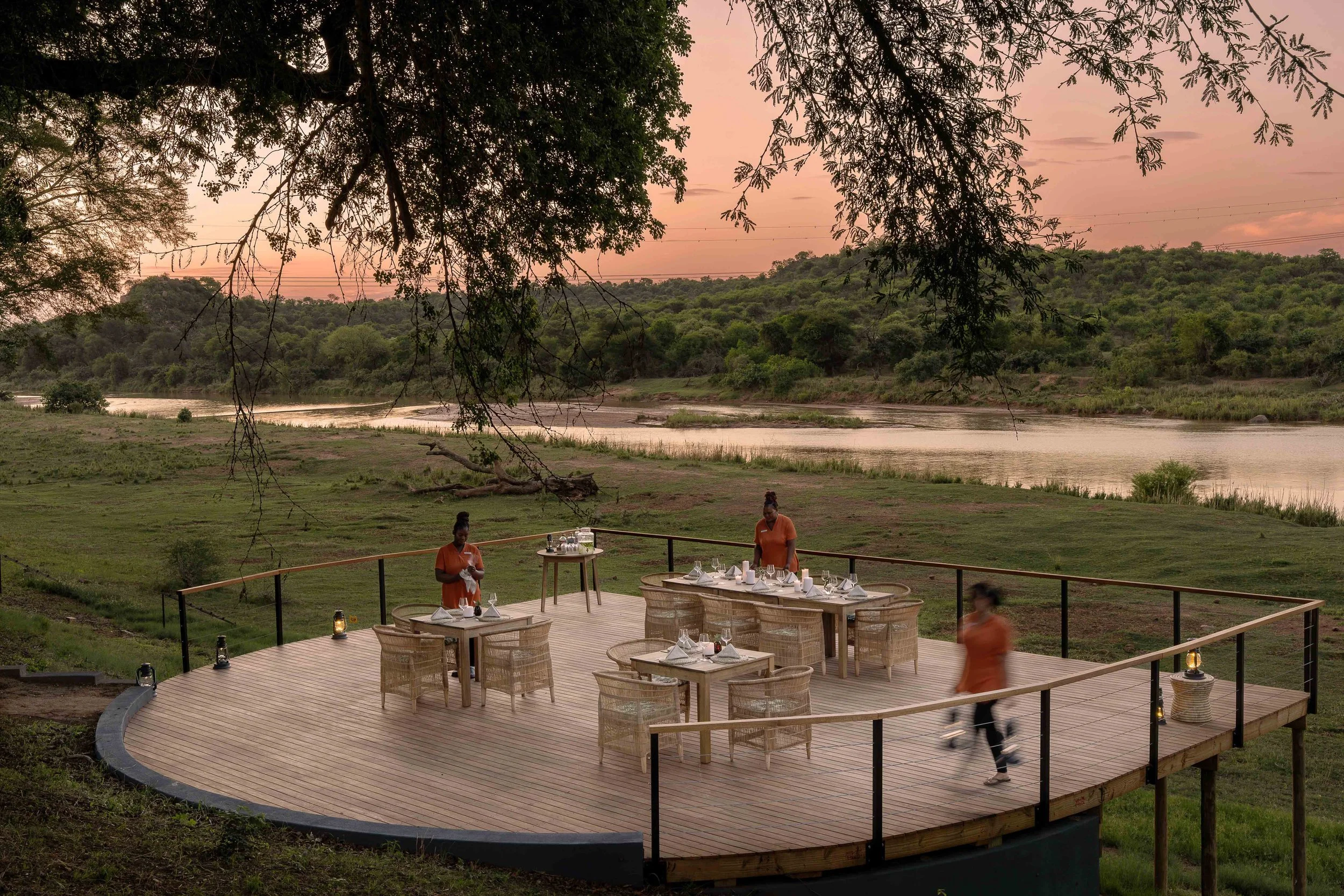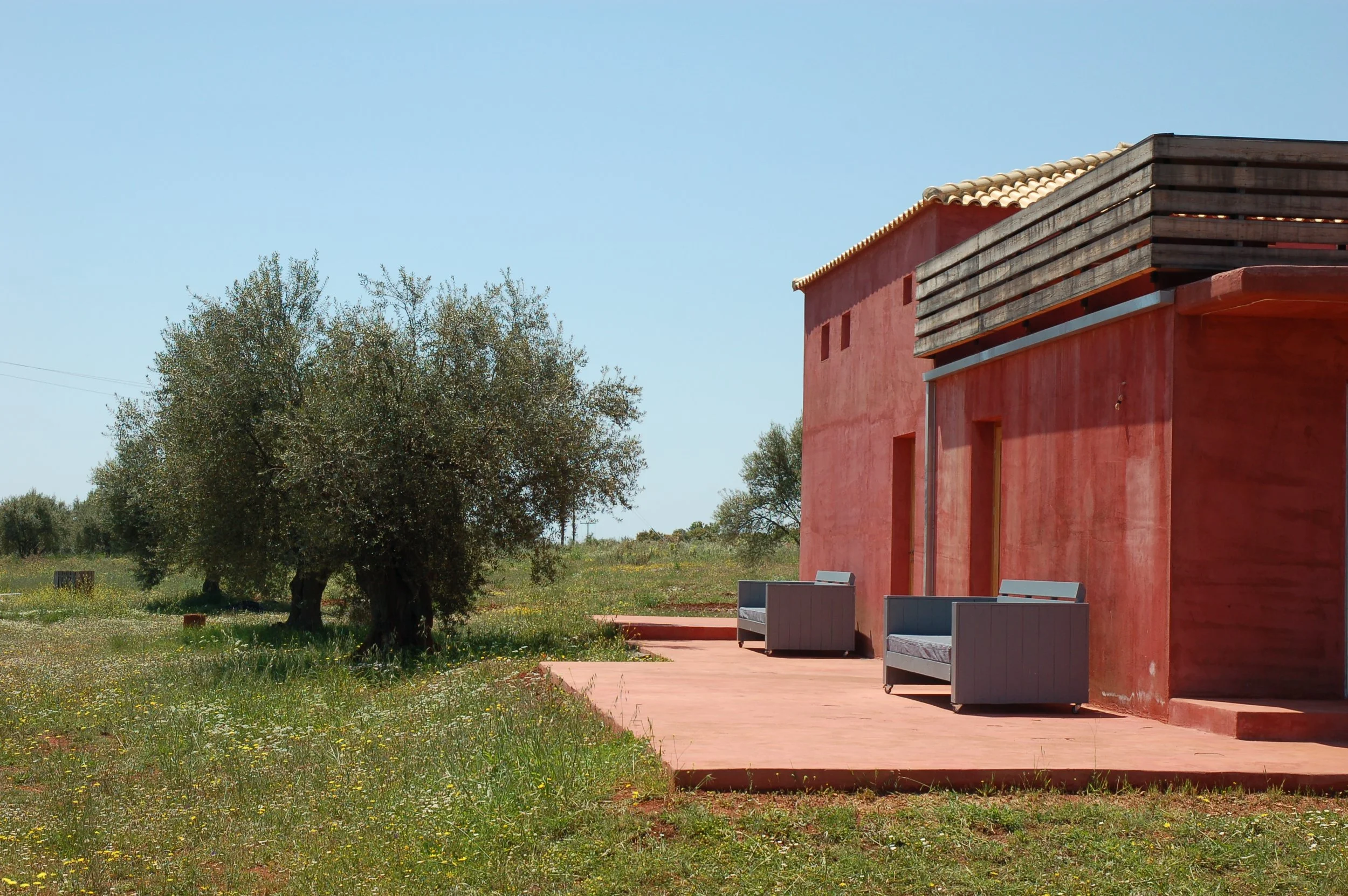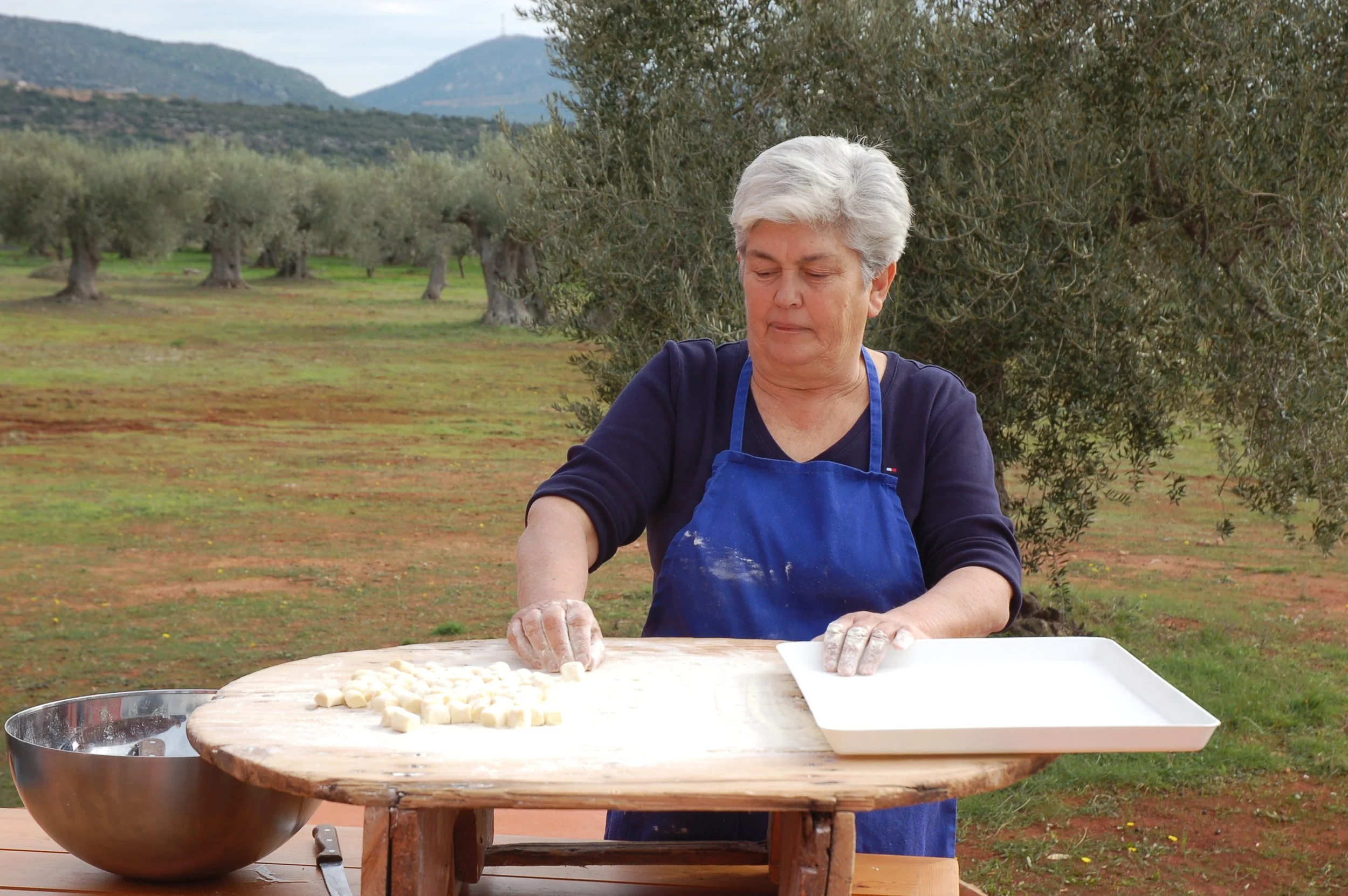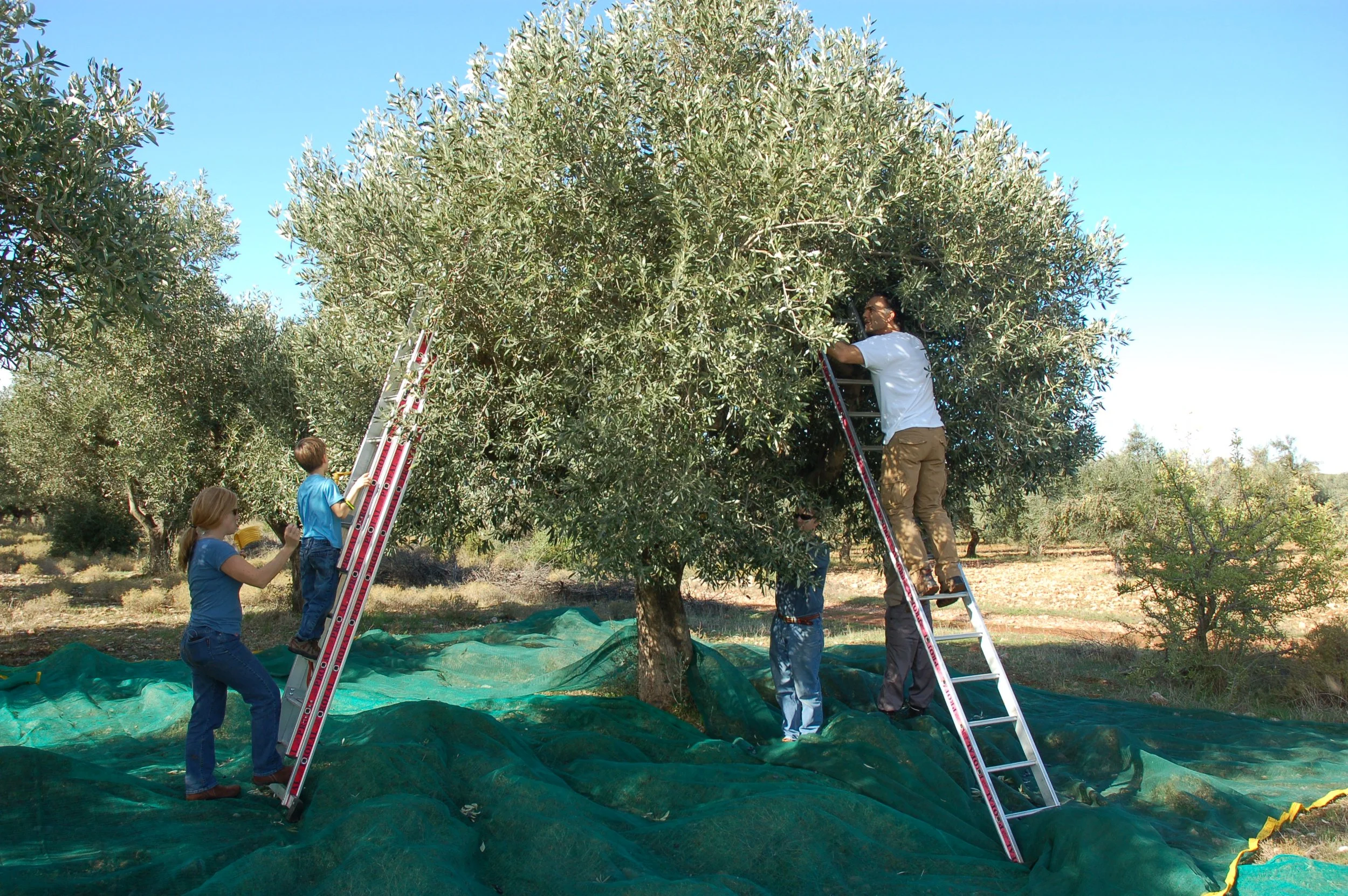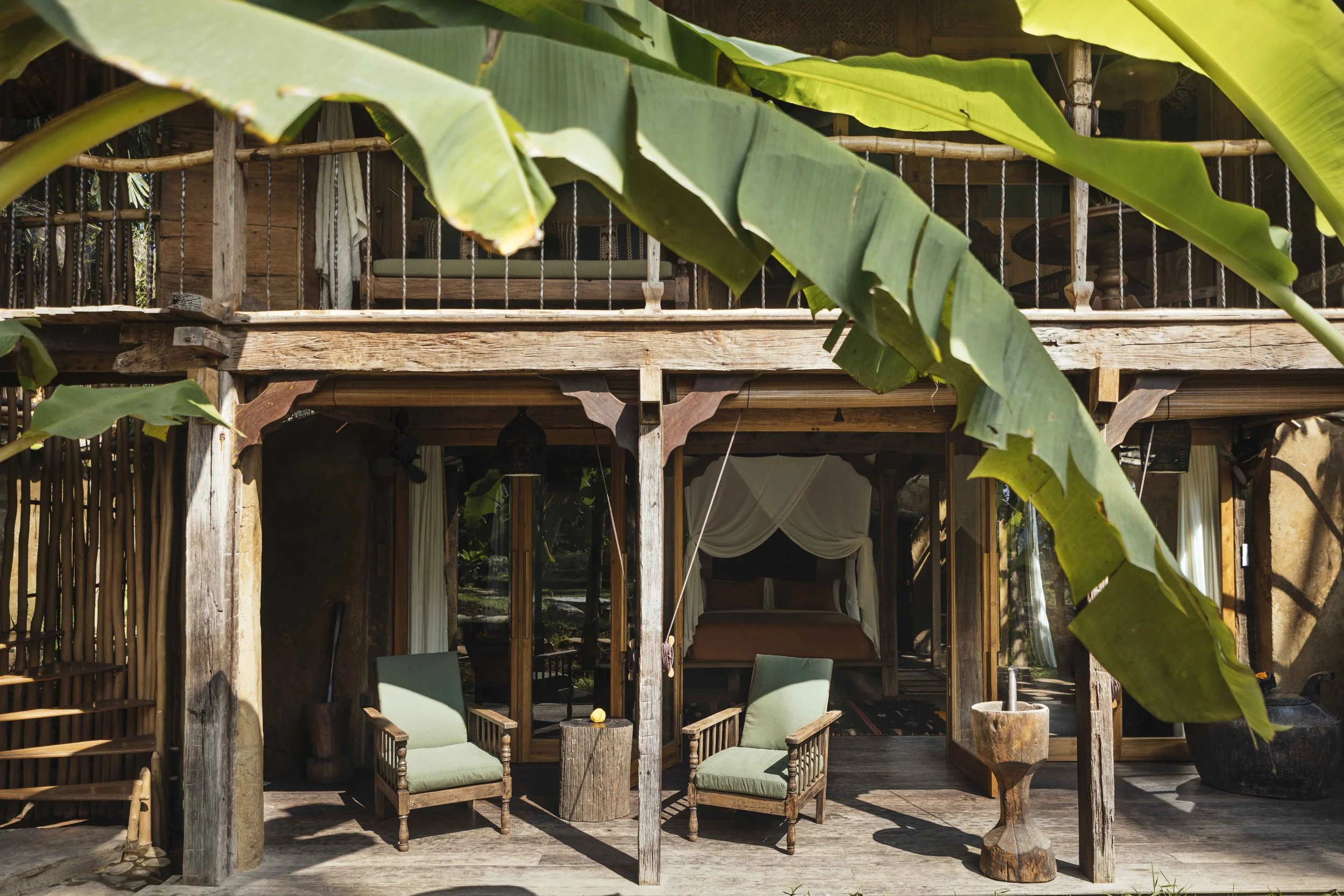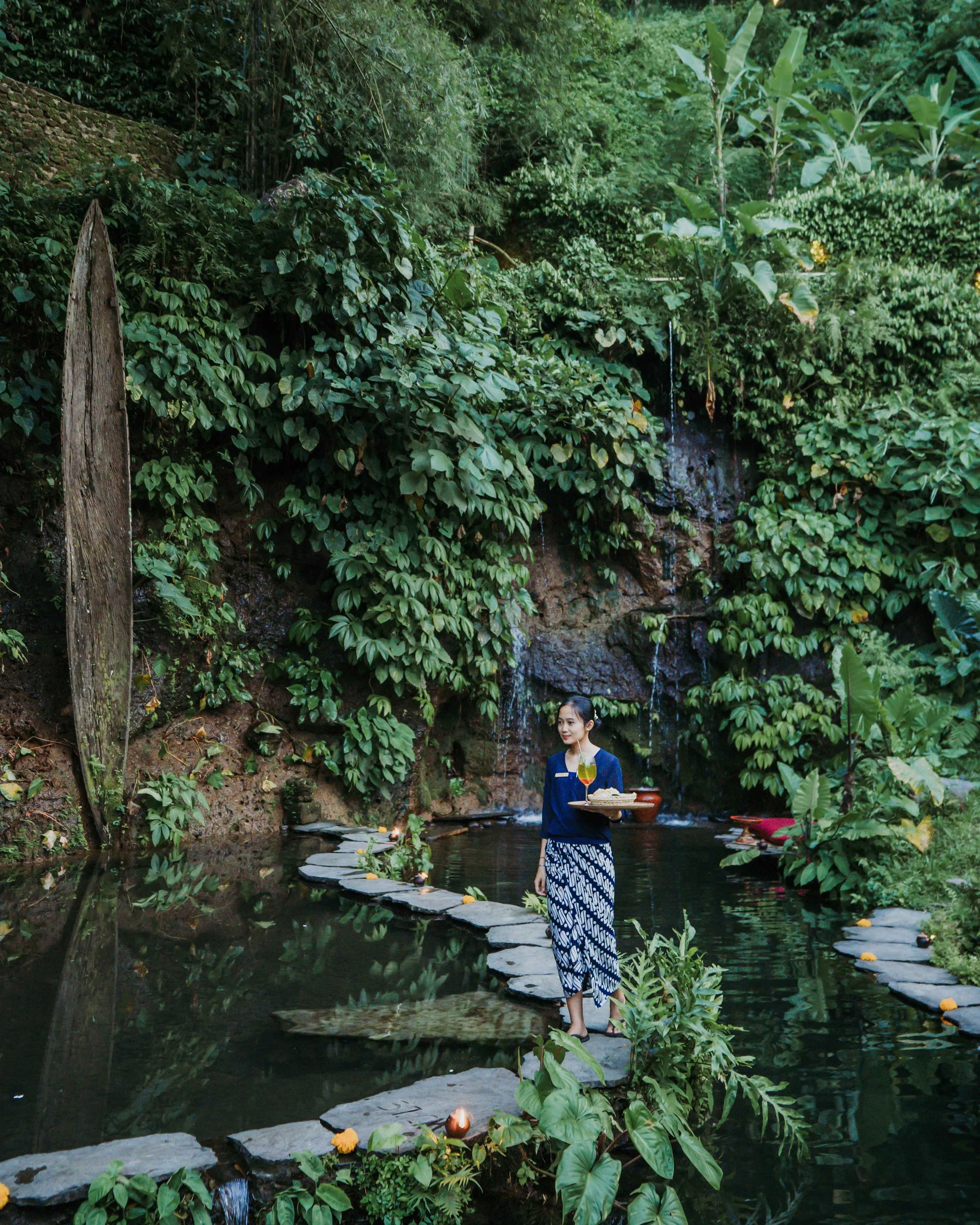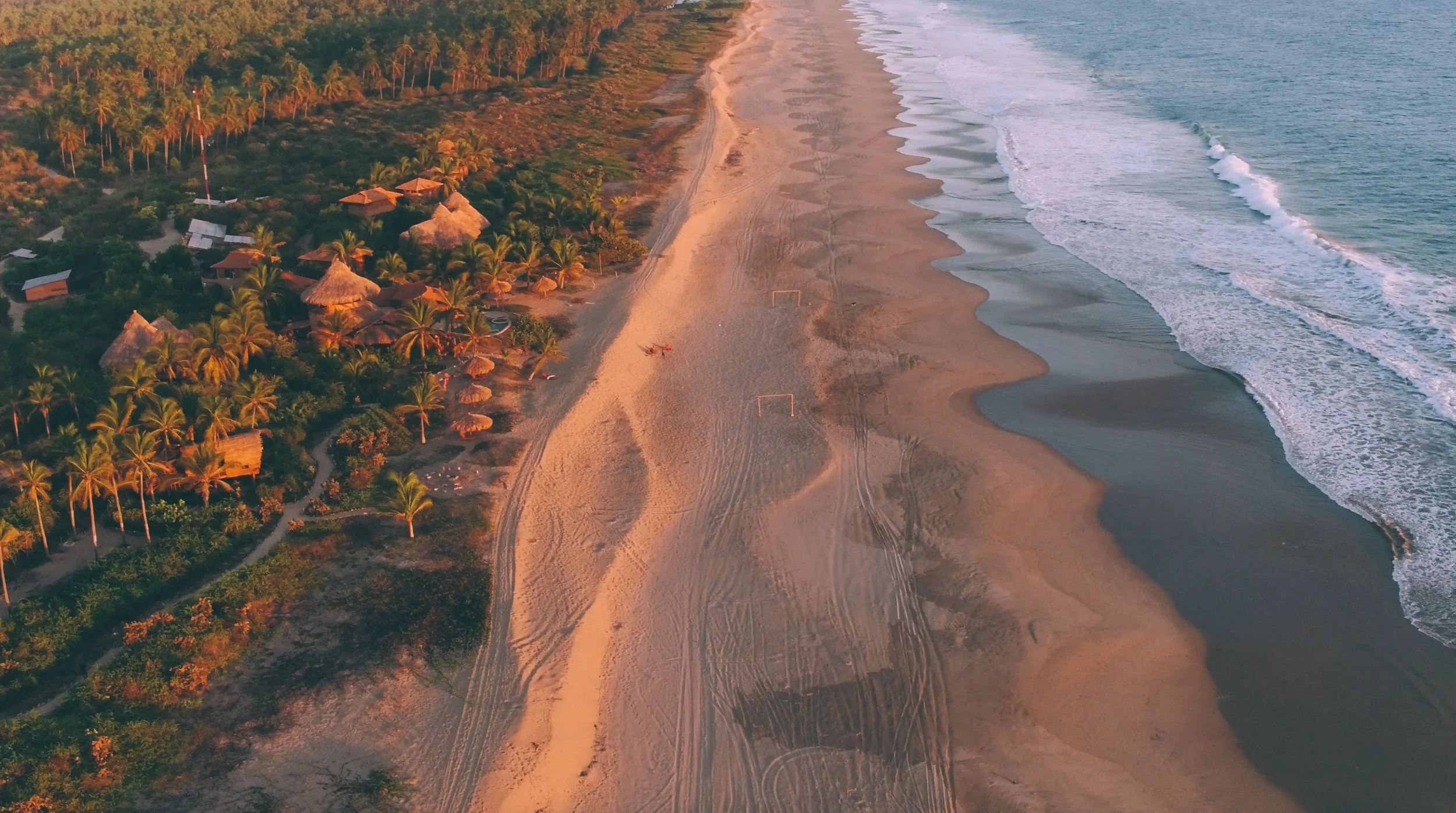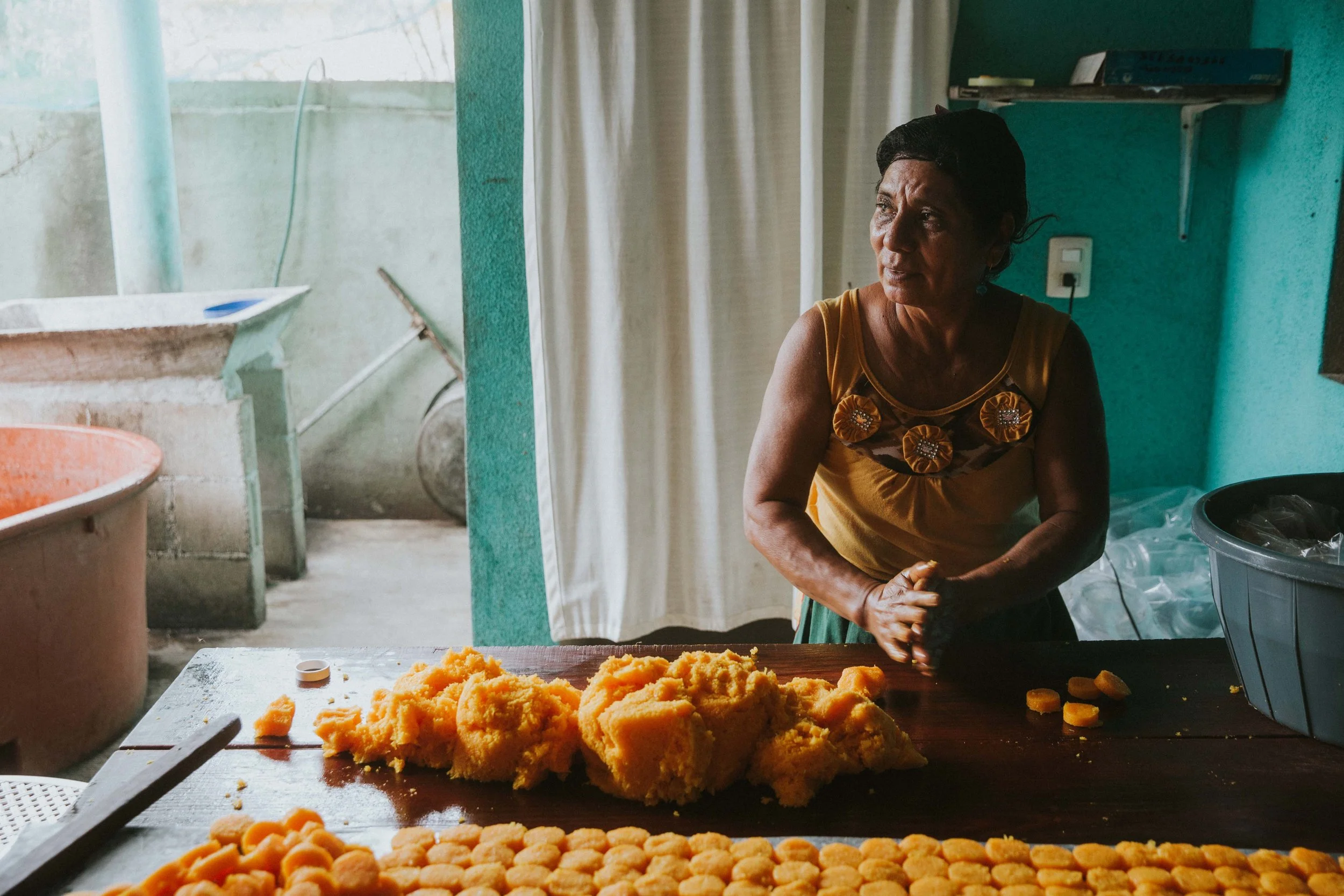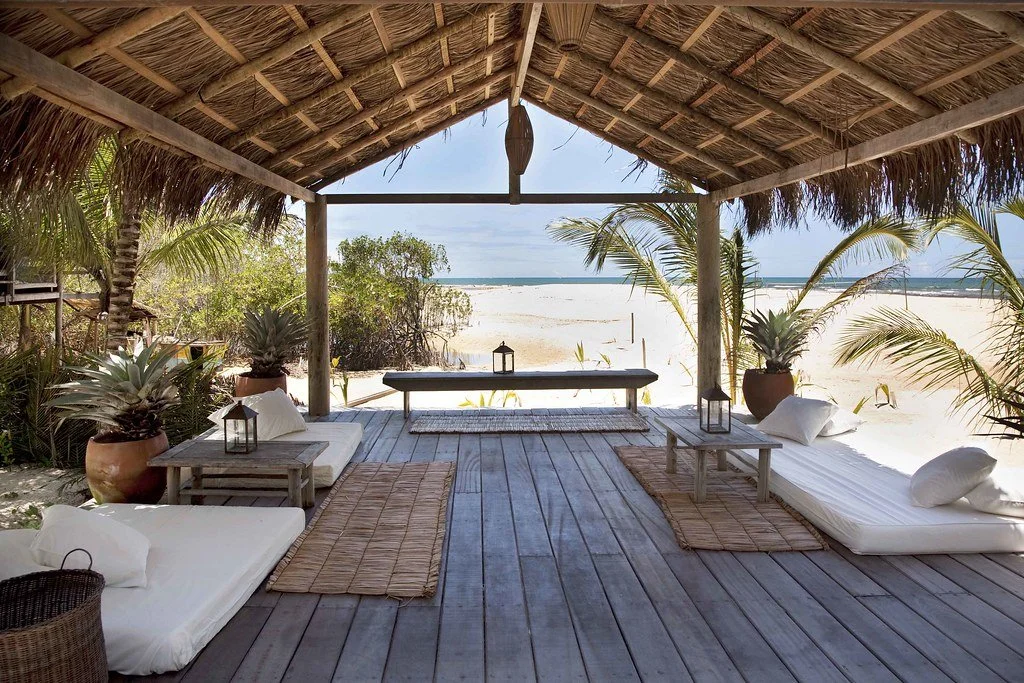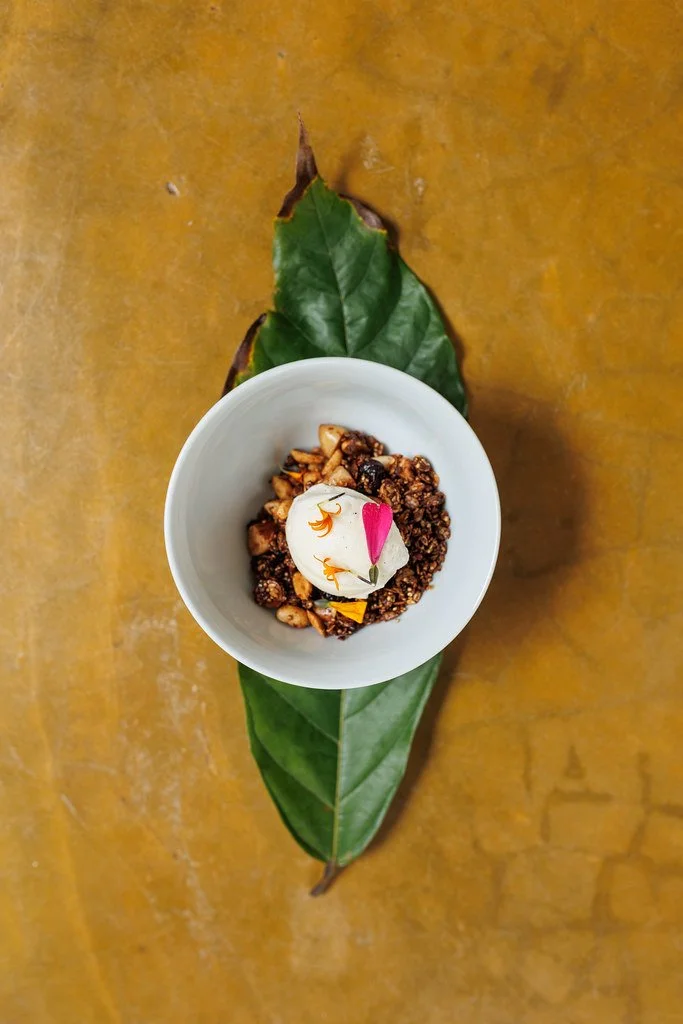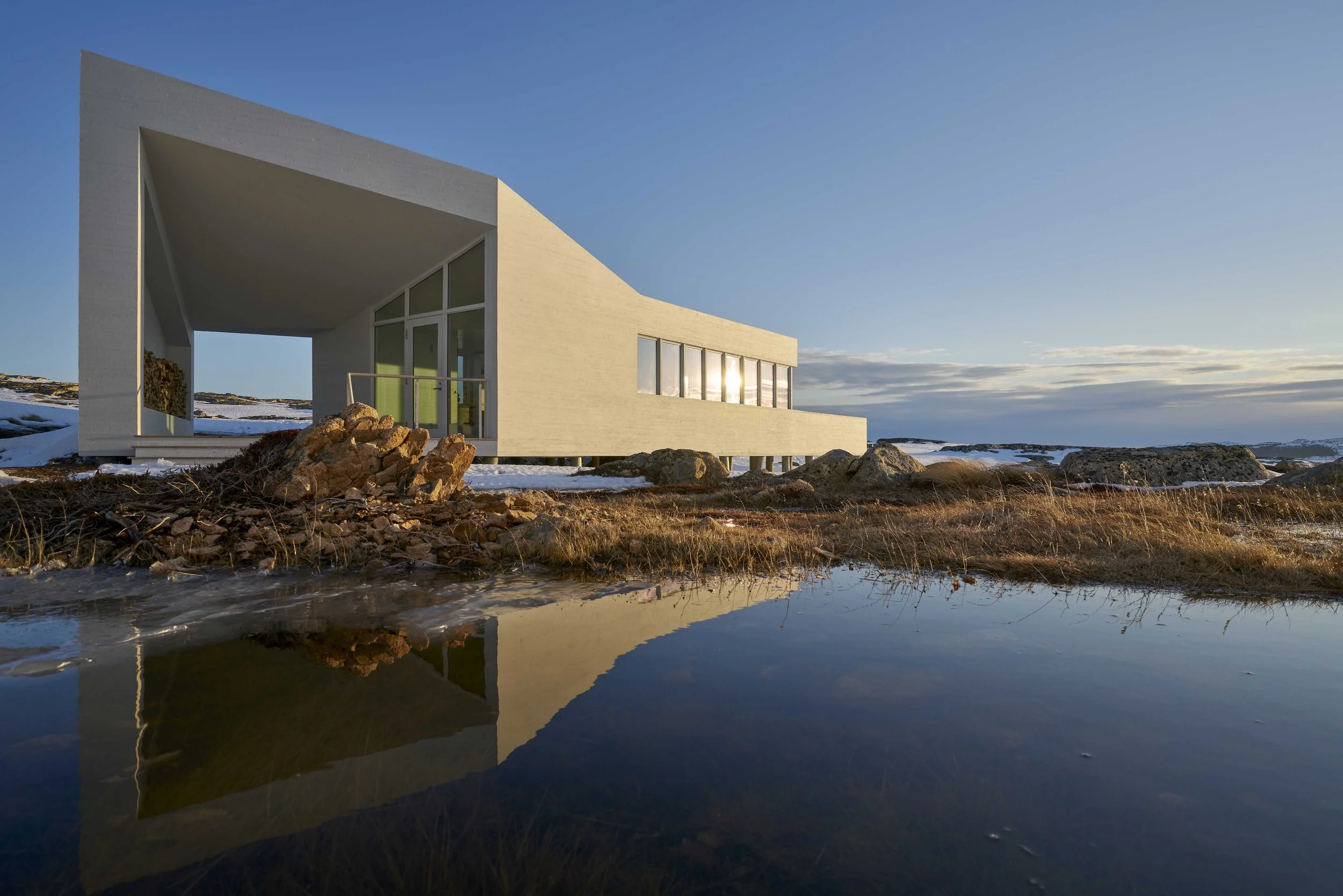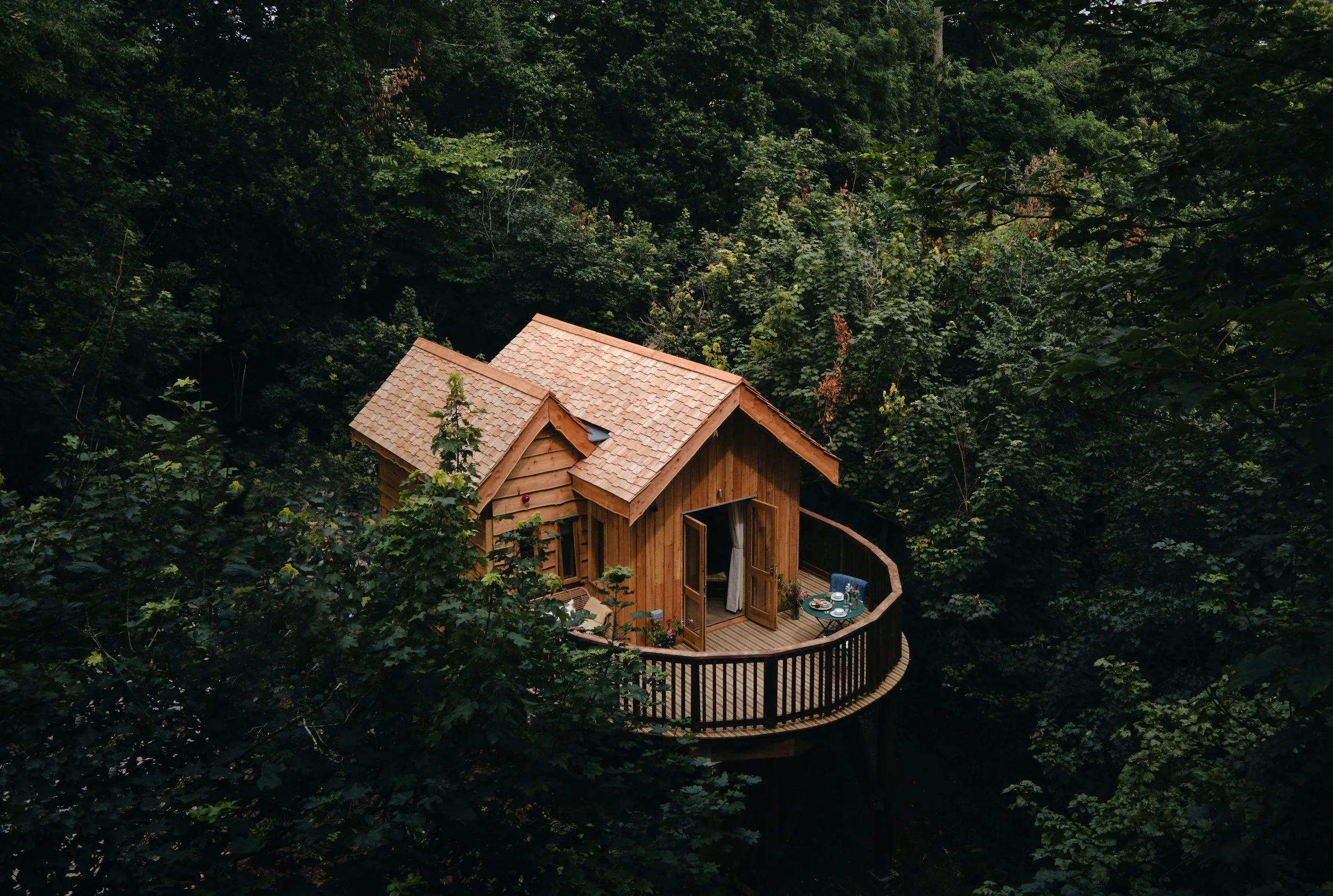Discover the world of farm-to-table hotels, where sustainability begins in the soil and wellness grows from the ground up. From regenerative farms to eco-conscious kitchens, these rooted stays are redefining hospitality—inviting travelers to slow down, gather around the table, and reconnect with nature, community, and the true source of nourishment.
In the evolving world of wellness travel, architecture has softened. Spas have moved into forests, saunas now sit in snowbanks, and yoga studios open to ocean air. But some of the most transformative spaces today aren’t where we stretch or soak—they’re where we gather, cook, and eat.
Welcome to the rise of hotels where farm-to-table isn’t a trend but a way of life, and where food is understood not just as fuel, but as memory, medicine, and message. Rooted in the counterculture kitchens of the 1970s and championed by pioneers like Alice Waters, the farm-to-table movement has grown into something much larger. In a time of processed foods and vanishing traceability, guests are craving what’s real. They want to taste the land beneath their feet, meet the hands that grew their meals, and understand the deeper relationship between food and place. It’s about proximity. Integrity. Regeneration.
Farm-to-table is a mindset. One that cuts carbon, restores ecosystems, and invites a more conscious way of living. Because here, sustainability begins in the soil. It moves through the hands of a farmer, the imagination of a chef, and lands on your plate as a quiet invitation—to slow down and to remember what really sustains us.
Tucked into the undulating wine country of Uruguay’s Maldonado region, Sacromonte is a landscape hotel planted firmly in the ethos of agricultural hospitality. Each mirrored cabin disappears into the hillsides, reflecting vines, sky, and wild grasslands—but it’s what lies beneath the surface that makes this place hum.
Sacromonte isn’t just surrounded by vineyards; it’s part of a working winery and organic farm. Guests wake to views of biodynamic vines, harvest wild herbs from the surrounding fields, and dine on site-grown produce in the open-air kitchen. This is not performative sustainability—it’s slow, rooted, and lived. Meals here tell the story of the land in every bite, and wine is poured as a product of place, not just process.
Deep in the forested heart of France’s Loire Valley, Loire Valley Lodges offers a different kind of vineyard escape—one where art, trees, and terroir coalesce. Each lodge is a treehouse-suite designed by a contemporary artist, elevated among century-old pines and oaks. But what makes this place truly rooted is its relationship with the land.
The surrounding forest is protected. The food is seasonal, sourced from nearby organic farms and the estate’s own gardens. And the wine? It comes from the valley itself—arguably France’s most storied wine region. This is farm-to-table reimagined as forest-to-fork, with nature not only providing the ingredients, but the rhythm, silence, and stillness of the experience.
One of the pioneers of the modern agricultural hotel, Babylonstoren is more than just a farm stay—it’s a living ecosystem of soil, stone, and story. Set on a historic Cape Dutch estate in the Drakenstein Valley, this working farm is grounded in a philosophy where food is both heritage and healing.
The heart of Babylonstoren is its organic garden—eight acres of edible order inspired by the Company’s Gardens of the Cape. Guests wander among 300 varieties of vegetables, fruits, herbs, and flowers, harvesting alongside the team or joining garden-to-table workshops. The hotel’s restaurants, Greenhouse and Babel, are seasonal showcases of what’s growing that day, plated with creativity and reverence.
Beyond the fields, the estate hosts a winery, bakery, cheesery, and natural spa—all designed to reflect a slow, circular way of living.
Photos by The Newt
Photos by The Newt
Tucked into the Somerset countryside, The Newt is where England’s pastoral past meets a regenerative future. Set on a historic estate with roots stretching back to Roman times, this working farm, hotel, and garden experience is a masterclass in rural reinvention. It’s a place where orchards bloom, heritage breeds roam, and every detail—from the soil to the stone—is considered.
The farm is the beating heart. Guests are invited to explore ancient apple orchards, wander through the kitchen gardens, and learn about composting, seed-saving, and no-dig techniques. Everything served—at the Garden Café, the Farmyard, or the Glasshouse—comes straight from the land or nearby producers, offering a fresh and deeply grounded culinary experience.
But The Newt is more than a beautiful farm stay—it’s a celebration of English land stewardship. A place to sip cider made on-site, walk through centuries-old woodland, and sleep in converted farm buildings or Georgian rooms that feel both timeless and quietly luxurious.
Rancho La Puerta in Tecate, Mexico, is North America’s original wellness destination spa—and at its heart lies Tres Estrellas Organic Farm. More than just a source of food, this six-acre farm is the soul of the experience: a vibrant patchwork of heirloom vegetables, medicinal herbs, fragrant orchards, heritage chickens, and goats that provide fresh milk for cheese-making. Located just down the road from the main property, it’s where the resort’s deep-rooted farm-to-table ethos comes fully to life.
Guests are invited into the rhythm of the land through early-morning harvests, organic gardening workshops, and hands-on cooking classes at La Cocina Que Canta, the on-site culinary school nestled within the farm itself. Under the guidance of expert chefs and gardeners, visitors gather ingredients straight from the soil and transform them into colorful, nourishing meals—connecting to food through scent, texture, and story.
Tres Estrellas is also central to Rancho La Puerta’s regenerative philosophy. Composting closes the loop from kitchen to garden, pollinator-friendly practices support bees and butterflies, and seasonal planting follows the cadence of the land—honoring nature while feeding both body and spirit.
Oasyhotel in Tuscany is a bold reimagining of the agricultural stay: 16 eco-lodges seamlessly woven into the 1,000-hectare Dynamo Oasis Nature Reserve (WWF-affiliated), perched 1,100 meters above sea level in the Pistoia Apennines. Designed for travelers who want to breathe with the forest, ride horses across wild prairies, kayak on its private lake, or simply replenish their spirit at a forest-therapy session.
The heart of the experience is the farm-to-table philosophy. Onsite organic farming produces vegetables, fruits, and grains—all served within a kilometer of the lodges, whether at the fine-dining Le Felci or casual Casa Luigi. Guests can tour the farm, make their own cheese, forage mushrooms, and learn from beekeepers—a true celebration of connection between food, place, and people.
Nestled on the banks of the Olifants River in the Greater Kruger, Sashwa River of Stars redefines safari hospitality through its regenerative, plant-forward dining ethos. At its heart lies Nourish, an indoor–outdoor restaurant where every dish is handcrafted from scratch with intention, celebrating vibrant, seasonal ingredients—many grown in its own organic permaculture garden, others foraged from the surrounding wild. Guests dine beside floor-to-ceiling glass that blurs the boundary between table and river, or settle into sheltered pergolas and candlelit riverfront decks. The menu pulses with fresh, plant-based fare, from richly flavorful grain bowls and colorful vegan platters to freshly pressed juices and homemade herbal teas, all supported by locally sourced organic Painted Wolves wine and coffee.
Eumelia Organic Agrotourism Farm in Greece blends regenerative design with hands-on farm living. Nestled in olive groves and vineyards near the mountains of Peloponnese, this eco-farm offers guests delicious zero-kilometre, vegetarian meals, olive oil and wine tastings, and immersive farm-to-table cooking classes—all cooked under the stars.
Sustainability is woven into every layer—from biodynamic farming and permaculture to natural water recycling, geothermal heating, solar-powered facilities, composting, and rare breed conservation. Whether you’re harvesting olives, pressing grapes, or practicing yoga amid the herb fields, Eumelia offers a deeply rooted, regenerative stay.
In the heart of Bali, Bambu Indah is more than a place to stay—it’s a living example of how food, architecture, and nature can work in regenerative harmony. Wander through edible landscapes shaped by permaculture and ancient Subak irrigation systems, where rice paddies, wild herbs, and tropical fruits like jackfruit and rosella grow alongside native trees. Chickens and ducks roam freely, bees pollinate flowering plants, and every bite you take tells the story of a closed-loop cycle—from soil to table and back again. Meals are born from a collective rhythm: chefs, gardeners, farmers, and even guests come together in a quiet choreography of harvesting, preparing, and sharing. It’s a kitchen without walls, and a process that values intention over speed, community over convenience.
Dining here is ritual. It takes form in spaces like the copper-lined Tembaga Restaurant and the riverside Warung, where anti-inflammatory meals are cooked over wood fire and served under open skies. The flavors—earthy turmeric, raw honey, young coconut, jackfruit curries—are as grounding as the setting itself. Cooking at Bambu Indah is collaborative, tactile, and intuitive. Guests are invited to take part in the process—peeling turmeric, grinding herbs, wrapping food in banana leaves—reconnecting to ingredients as more than just objects, but as expressions of the land. Seasonal and sensorial, each meal is a shared act of care that nourishes both body and soil.
At Playa Viva, food is more than sustenance—it’s a celebration of the land, a daily expression of wellness, and a central part of the regenerative experience. The hotel’s organic garden flourishes with seasonal vegetables, vibrant microgreens, and heritage seeds, all cultivated with care and intention. Guests are invited to walk the “huerto,” harvest their own salad ingredients, and explore an emerging orchard rich with mangoes, jackfruit, cashew, and pomegranate. This deep connection to food fosters a sense of presence and gratitude—where the path from soil to plate is visible, tangible, and nourishing in every way.
Nearly everything served is grown onsite or sourced from nearby farms, creating a hyperlocal food system that supports the region’s producers while reducing environmental impact. From handpicked greens to fresh eggs, housemade cheese, and heirloom corn, every ingredient reflects a commitment to health, flavor, and sustainability.
Nestled in the lush coastal village of Trancoso, UXUA Casa Hotel & Spa is a vibrant testament to the power of place-based hospitality where agriculture and culture intertwine. This is no ordinary stay — here, the roots of sustainability run deep, starting with the soil beneath your feet. Each casa is built with reclaimed materials, crafted by local artisans who honor traditional methods that celebrate the region’s heritage.
But the heart of UXUA’s agricultural spirit blooms most vividly every year during the Organic Festival Trancoso — a lively celebration where chefs, farmers, and community come together to honor organic farming, seasonal harvests, and the soulful connection between food and land. The festival pulses with workshops, farm-to-table dinners, and vibrant markets that showcase the bounty of Bahia.
Perched on the rugged edge of Vancouver Island, the Wickaninnish Inn is a sanctuary where the Pacific Ocean meets the ancient rainforest, and where culinary artistry honors the profound connection between food, place, and community.
The Pointe Restaurant is a founding member of the Tofino Ucluelet Culinary Guild (TUCG), a non-profit that connects Vancouver Island’s food producers, fishers, and foragers with local kitchens. Many of the restaurant’s ingredients are sourced through this network, allowing the team to work closely with the land and sea while deepening their commitment to sustainable cuisine. The menu evolves daily, shaped by the discovery of new ingredients and a spirit of continual learning. Guests can expect dishes that highlight hand-harvested kelp, sustainable seafood, and foraged greens—each one a celebration of the West Coast’s seasonal abundance.
As proud members of TUCG and Get Wild, the team also hosts events in support of World Oceans Day, Sustainability & Wine, and Food for Change—bringing the community together through food and purpose.
Remote and windswept, Fogo Island is a place where the wildness of the North Atlantic shapes every part of life — especially its food story, rooted in centuries of tradition and fierce tenacity. Here, the larder is filled with cod caught by local fishermen, berries foraged from windswept bushes, wild greens gathered from rocky shores, and vegetables preserved with salt to survive long winters. These ingredients tell a story of resilience, resourcefulness, and deep respect for the land and sea that sustain the community.
At the heart of this is Fogo Island Inn, a beacon of thoughtful hospitality that champions food sovereignty — not just as a nod to local culture, but as a living, breathing commitment. The inn works closely with local fishermen, farmers, and foragers to create menus that celebrate the island’s natural abundance while supporting the ecological balance. Every meal served is an ode to place, tradition, and sustainability, weaving together the flavors of the island with a profound respect for the people and ecosystems that make this remote corner of Canada so singularly special.
Room + Wild is the world's first and leading collective and platform for landscape-enhanced accommodation, ecotourism, nature-based destinations, and sustainable luxury travel experiences. We consistently inspire, influence, and spread awareness through our tailored travel guides, curated media content/channels, brand activations, press trips as well as visual and narrative storytelling.


